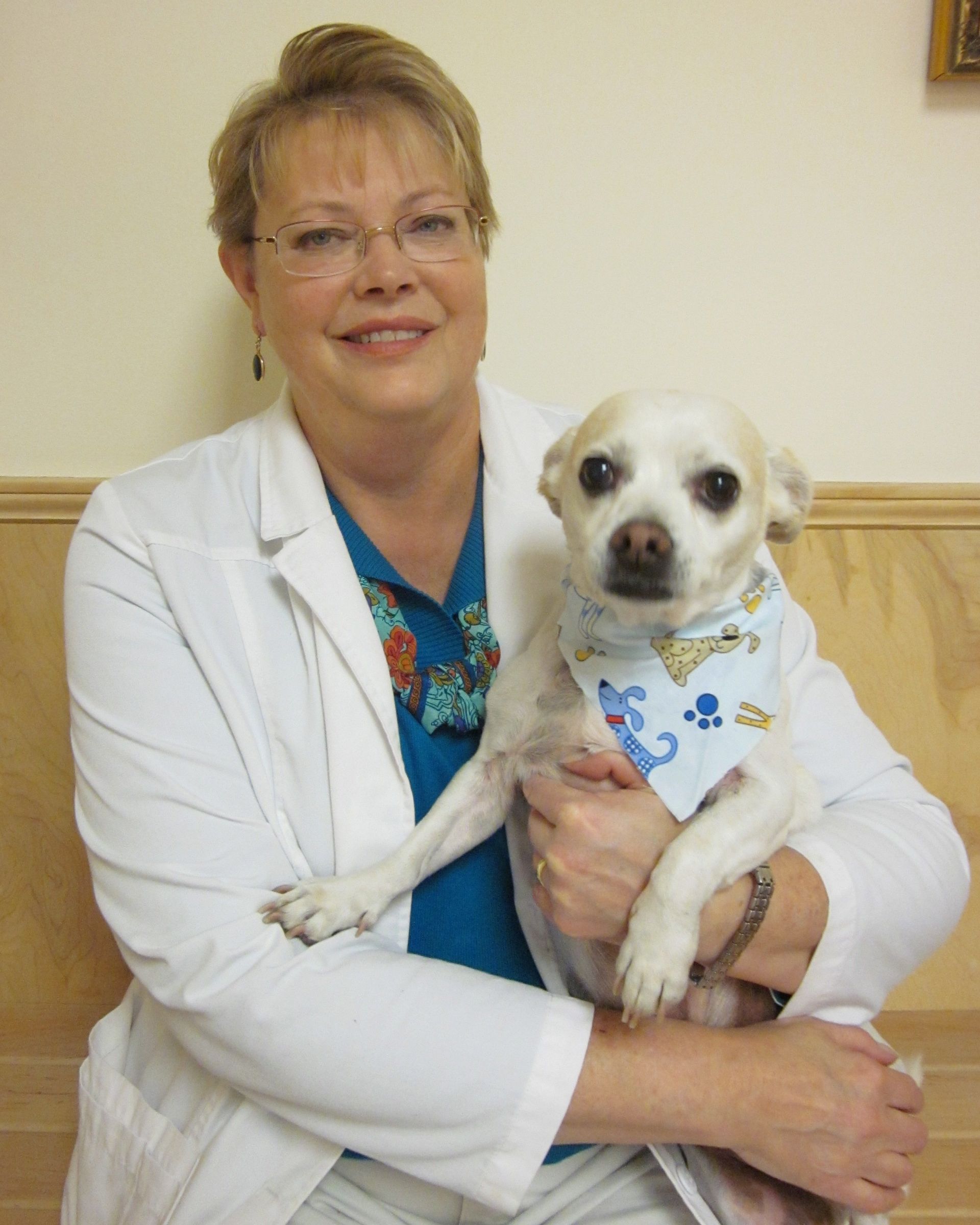Curbside Pet & Product Pick-up Available

Providing Animal Vaccinations for Greensboro, NC
One of the best ways to ensure your pet stays healthy for the long run is to follow a regular animal vaccination schedule as well as a booster routine. While the vaccines your pet needs depend on its age, lifestyle, health condition, and other factors, it is always a smart decision to have it vaccinated according to our veterinarian’s recommended schedule.
What Types of Animal Vaccinations are Necessary?
While they should ultimately be determined by your pet’s veterinarian, there are core animal vaccinations that are highly suggested as well as optional vaccines to consider for the well-being of your dog or cat.
Core vaccines for dogs offer protection from distemper, canine hepatitis, canine parvovirus, and rabies, while other vaccines against Borrelia burgdorferi and Leptospira bacteria are recommended.
In terms of your cat, vaccines for feline herpesvirus type I (rhinotracheitis), feline calicivirus, panleukopenia (feline distemper), and rabies are known as core vaccines. Other optional vaccines are only administered if lifestyle requires them, such as those against feline leukemia virus, Bordetella, and feline immunodeficiency virus.

Vaccinating Young Pets
The purpose of vaccinations is to protect your pet against disease. Young puppies or kittens usually need many vaccination boosters when they are first starting out. The need for many boosters is because the young immune systems in their bodies are not fully mature and cannot respond as well as adult animal. Early on, their mother's milk will provide natural immunity, though its effectiveness wears off over time.
Puppies and kittens need the common core vaccinations, however, any non-core vaccinations will be given on a case-by-case basis depending on your pet's needs and risks. When it comes to the mandated rabies vaccine, many states require that it be administered every one to three years. If your furry friend has any related pet allergies, our staff will accommodate these needs.
The vaccination process typically starts when young animals are around six weeks old. A series of visits will be scheduled three to four weeks apart, with the final round taking place when they are between twelve and sixteen weeks old. From then on, routine booster shots are used to keep the vaccine levels high.
Shots for pet allergies are also something to consider, although there are steps you can take at home to reduce symptoms as well. If you can't stop sneezing after petting your pooch, be sure to wash your hands anytime you touch them. Bathing your pets regularly will help clear away many allergens as well. Dander, or dead skin cells shed by pets, is the ultimate enemy. Tips for fighting dander include vacuuming weekly, covering up vents, removing carpeting, and keeping pets out of your bed. Sleeping on a synthetic pillow is a good general recommendation for allergies of all types, as feathers tend to exacerbate symptoms. It may also be wise to discuss the use of allergy medication with your doctor.
Contact Our Animal Hospital to Learn More
If you’re interested in learning more about what type of animal vaccinations your cat or dog needs, our animal hospital is here to help. We have years of experience in providing quality care to four-legged friends across Greensboro, NC and the surrounding regions. Whether your furry friend is only a few months old and needs their first shots or struggling with pet allergies, trust our local veterinary clinic to provide the quality care your pet deserves. To learn more or to schedule an appointment for animal vaccinations, contact our animal hospital today. No matter your pet’s needs, we will ensure that they’re calm and comfortable throughout their entire visit!
University Animal Hospital of Greensboro PLLC
1607-B West Friendly Avenue
Greensboro, North Carolina 27403
PHONE: 336-279-1003
universityanimhosp@bellsouth.net
Online Pharmacy: https://universityah.myvetstoreonline.pharmacy
Contact Us
We will get back to you as soon as possible
Please try again later


